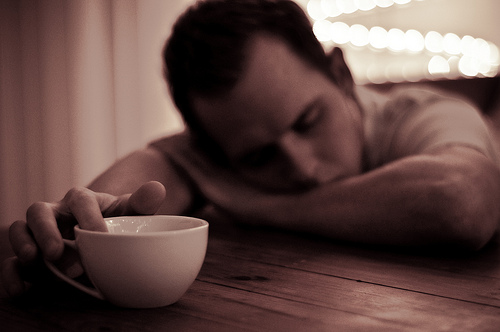News
Caffeine and Sleep: How much is Too Much?
Ah coffee, most of us can’t live without it, and others could easily drink it all day every day, no matter what time it is. But as much as you may rely on it heavily, caffeine can be problematic when it comes time to go to sleep.
If you think that just one more cup of java is not an issue, think again. Caffeine can be found in many things we consume every day, such as coffee, tea, chocolate and some soft drinks. Everyone tolerates the effects of caffeine differently; some people feel the effects more excessively than others, so it is important that you know what your limit is. Some of the effects that caffeine can have on our bodies include:
- Increased alertness
- Headaches
- Nervousness
- Dizziness
- Anxiety
- Excessive urination
- Sleep disturbances.
Let’s look at that last point a little more in depth. Caffeine indeed does not do good things when you are trying to go to sleep. It can cause insomnia and restlessness, and all in all, a bad night’s sleep making you feel tired and irritable the next morning.
Interestingly enough, research from the National Sleep Foundation does admit that there isn’t actually a great need for caffeine in our diets, but at the same time, it doesn’t pose any great risk for our overall health.
Many studies over time have proven that caffeine can cause a great dependence in many of us. And just any addiction, once we try to part ways with it, many of us actually go through withdrawal symptoms such as headaches, fatigue and muscle pain.
Doctors say that it takes around 6 hours for the effects of just one cup of coffee to wear off. This is why doctors recommend that you avoid caffeine before bedtime, so that it’s easier for you to wind down when it is time to go to sleep.
So be sure to put down that coffee and maybe have a glass of water before bed instead.
Shop at Papsmart.com – The #1 Online CPAP Store.
http://sleepfoundation.org/sleep-topics/caffeine-and-sleep



